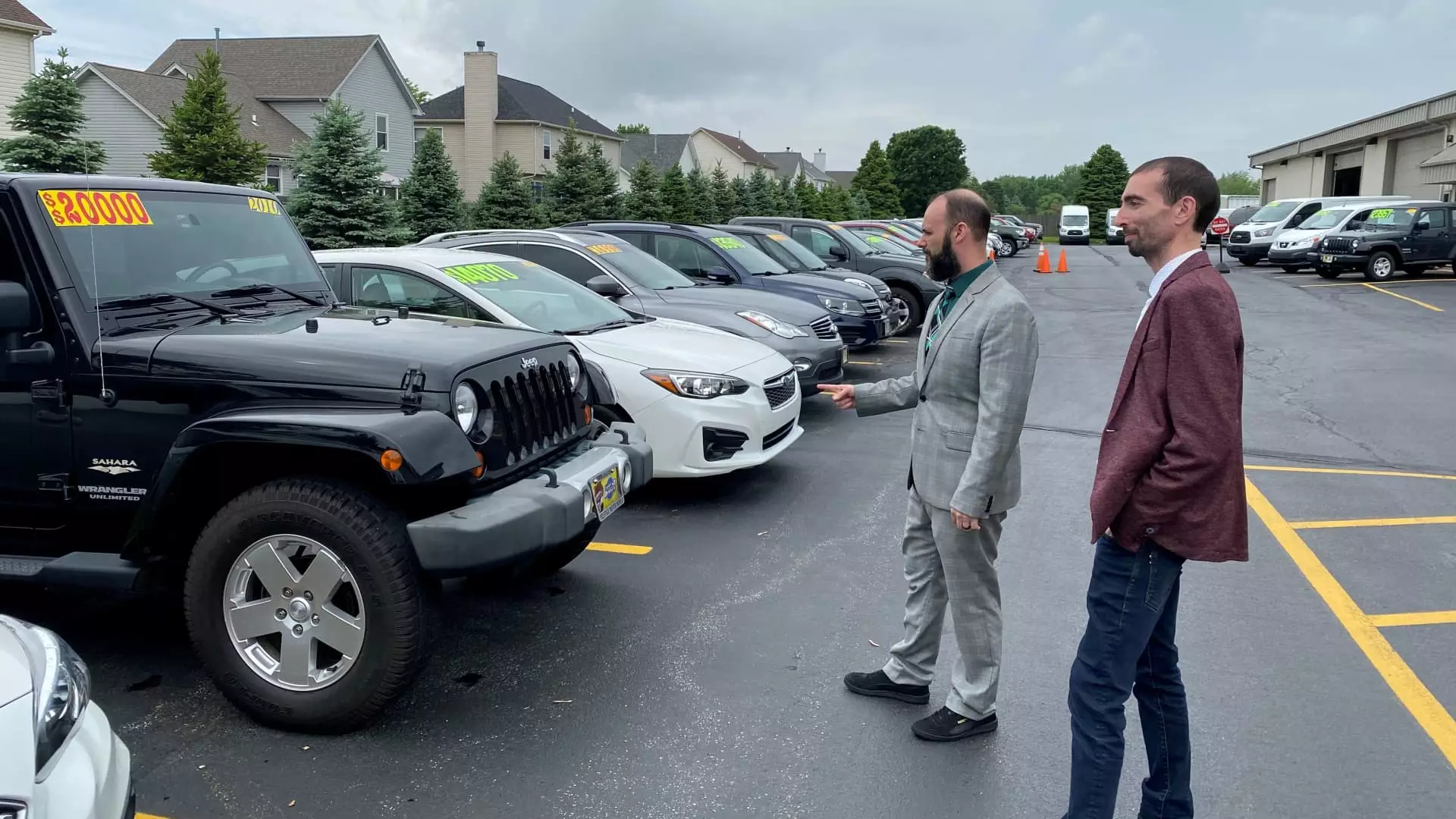As we usher in 2025, the landscape of the U.S. automotive industry is undergoing a significant transformation. Factors such as leadership change, interest rates, and sales strategies are creating a complex tapestry of challenges and opportunities for car dealers across the nation. Recently reported findings from Cox Automotive illustrate a mix of renewed optimism and persistent concerns, particularly in the realm of electric vehicle (EV) sales, setting the stage for an intriguing year ahead.
The recent presidential election brought about a palpable shift in dealer sentiment, with many expressing renewed confidence in the future of automotive retail. The Cox Automotive “Q4 2024 Dealer Sentiment Index” suggests that the election outcome is heralding a new wave of optimism among U.S. car dealers. The index rose significantly, denoting a greater belief in better days coming. According to Cox’s Chief Economist Jonathan Smoke, the resolution of political uncertainty has liberated many dealers’ outlooks, allowing them to envision a more robust business environment.
This uptick in optimism is further buoyed by the prospect of lower interest rates and potential tax rebates, both crucial for stimulating car sales. Share prices for major automotive retail companies have also seen respectable gains over the year, reflecting a market that remains relatively buoyant despite the overarching complexities of the EV sector.
Mixed Feelings About Electric Vehicle Sales
Despite the overall positive projections, the enthusiasm does not extend to electric vehicle sales, highlighting a significant disconnect in dealer sentiment. The same Cox report indicates that a growing number of dealers anticipate a decline in EV sales, casting shadows over the future potential for this sector. Many dealers have raised red flags concerning the new administration’s policies, fearing that a reduction in federal funding for EV initiatives and tax credits could hinder progress in this market.
The federal consumer tax credit of up to $7,500 for EV purchases has been a critical driver in facilitating consumer interest and sales. Should it be stripped away or weakened, dealers believe the fragile momentum gained in recent years may dissipate, resulting in less consumer engagement. Jonathan Smoke emphasized that strong tax incentives have positively impacted both the new and used vehicle markets. Therefore, altering or diminishing these incentives could invert the gains made, placing further stress on an industry already battling existential challenges from rising costs and competition.
Current Market Conditions: A Paradox of Optimism and Reality
While the sentiment index indicates a largely optimistic outlook, it also reveals that the current market status remains less than ideal. With an index score of 42 pointing to a majority perception of a weak retail auto market, it’s important to understand that while expectations for improvements are high, the reality of day-to-day operations remains sobering. Pre-pandemic norms feel distant, and the road to recovery appears uneven.
Cox’s data highlights the cautious optimism prevalent in dealers’ minds. Some 35% of dealers surveyed confirmed that the political landscape actively influences their business strategies. Yet, there appears to be a disconnect: while some dealers are hopeful, the foundation of that optimism is not entirely stable due to lingering economic uncertainties and shifting regulatory landscapes.
The road ahead for U.S. car dealers in 2025 promises to be filled with both challenges and opportunities. To thrive in this evolving landscape, dealers must focus on adaptation strategies that account for fluctuating market conditions, legislations, and consumer preferences. While the share price increases reflect resilience, they do not overshadow the need for dealers to innovate and adjust their business practices, especially regarding the introduction and sale of electric vehicles.
As we move into 2025, the optimism among U.S. car dealers is tempered by caution. While significant improvements in sentiment suggest a rebirth of confidence, the shadow of uncertainty looms—especially concerning the future of electric vehicles. Through strategic navigation of policies and market demands, car dealers can work towards fostering a more sustainable and prosperous automotive retail environment.



Leave a Reply